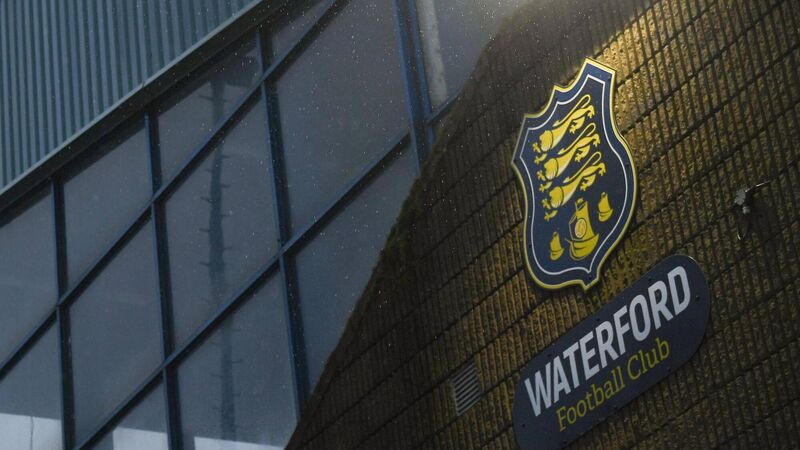Ian Mallon: Are Waterford set to call time on RSC to achieve goals?

TIME TO SAY GOODBYE? A general view of the RSC in Waterford. Pic: Harry Murphy/Sportsfile
FOR 30 years the Regional Sports Centre (RSC) has been home to Waterford football – but just seven months into a more professional era of ownership at the club, the ground is no longer fit-for-purpose.
The new administration is frustrated with the lack of access to the venue for commercial and community activations, due to its shared tenancy agreement with Waterford City and County Council.









